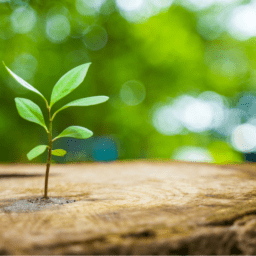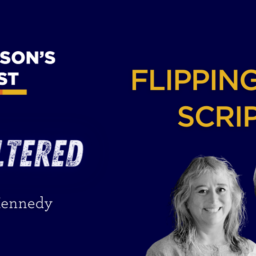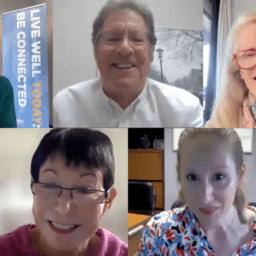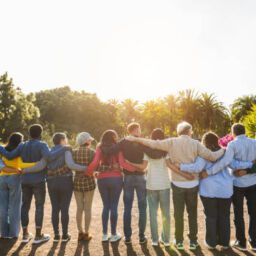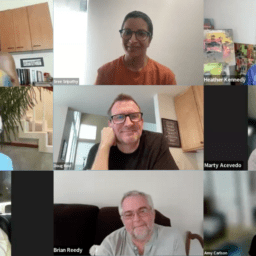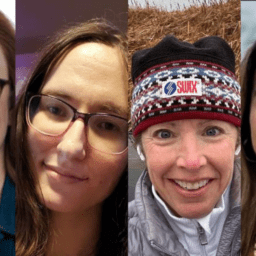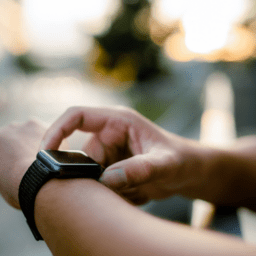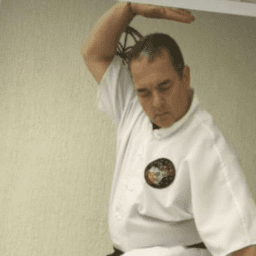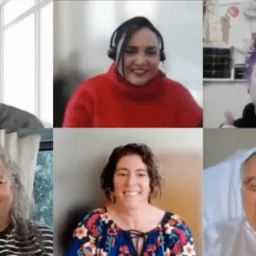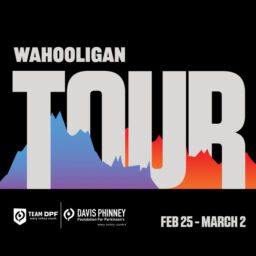During our August Living with Parkinson’s Meetup, the panelists shared moments when they were physically, emotionally, or socially vulnerable because of Parkinson’s. They also discussed ways these vulnerabilities have sparked changes in their lives.
Join us on the third Thursday of every month at 1 pm MDT! Click here to register.
You can download an audio file of this month’s webinar here: Audio August 2023 LWPMU
You can download a transcript of this month’s meetup here: Transcript August 2023 LWPMU .
Note: This is not a flawless, word-for-word transcript, but it’s close.
Notes from this month’s meetup
Living with Parkinson’s means being vulnerable to physical and social risks: Your symptoms and effectiveness of medications fluctuate, and things you used to do for work or fun may become more difficult or just impossible. These and other changes can make you emotionally vulnerable, too.
Examples of Moments of Vulnerability
The panel discussed a variety of situations in which they had feelings of vulnerability:
- Having symptoms in the middle of an event or activity makes it difficult to continue; this could happen in a wide variety of situations–from singing a song to taking a bike ride
- Changing careers or retiring early
- Avoiding certain activities around the home (no ladders!) or certain exercise activities that were no longer safe due to balance issues or other symptoms
- Facing the social vulnerability of sharing that you live with Parkinson’s
- Becoming identified simply as “the person with Parkinson’s” rather than being recognized as your full self
- Facing mortality
Ways to Manage Vulnerability and Thrive
As is often the case in our meetups, some of the most important observations about vulnerability arise from the audience’s questions and comments. In particular, the panel addressed questions about how to deal with changing abilities around beloved activities and about how to keep spirits high amidst the challenges of Parkinson’s.
A few key pieces of advice about these questions included:
- Understand that you are not responsible for other people’s reactions or perspectives.
- Hold yourself to today’s standards, not yesterday’s. Reset your understanding of what you can do. Embrace new challenges or new ways to approach the old challenges.
- Find ways that vulnerability can be a strength and a motivating force.
- Recognize the power of being honest with yourself and with others. Prioritize communities where honesty and openness is prominent.
- Adapt activities when and where you can. This may be easier with social or emotional vulnerability than with physical vulnerability, but even some instances of physical vulnerability can be viewed as opportunities to try a new approach. For example, if it is no longer safe for you to balance a bike and ride outdoors, move to a stationary bike and join a group class; if you like playing golf but your abilities are less than you’d like, play by alternative rules, like best ball or scramble.
Find Your way to Live Well Today
There is no singular or standard path through Parkinson’s. The key is to find your way to navigate the challenges Parkinson’s presents and to acknowledge that as the challenges you face change, your way through them may change as well.
One way to be resilient in living with Parkinson’s is to see each new challenge as an opportunity for a new perspective and new victory. And always remember: Every victory counts.
Resources referenced during this Month’s Meetup
Treatments, Tools, and Technology to Help You Live Well with Parkinson’s
Davis Phinney Foundation Ambassador Search
What You Need to Know About Cycling with Parkinson’s
How to Share Your Parkinson’s Diagnosis with Family, Friends, and Co-workers
Should I Tell My Employer I Have Parkinson’s
How to Communicate with Your Parkinson’s Doctors
WANT MORE PRACTICAL RESOURCES LIKE THIS?
You can learn much more about living well with Parkinson’s today through our Every Victory Counts® suite of resources. Each manual is packed with up-to-date information about everything Parkinson’s. Click the link below to order your manual(s).
Thank you to our 2023 Peak Partners, AbbVie, Amneal, and Kyowa Kirin, and our Every Victory Counts Gold Sponsor, AbbVie Grants, for their ongoing support of these must-have manuals. Additionally, we’d like to thank Barbara and Dale Ankenman, Abby and Ken Dawkins, Bonnie Gibbons, Gail Gitin in loving memory of Gene Gitin, Irwin Narter, and Lorraine and J Wilson for their generous donations that allow us to make these resources available and free to all.



